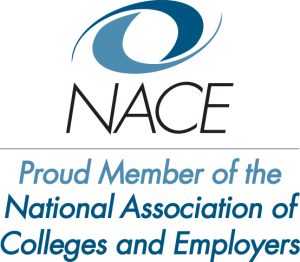A Brief History of Career Counseling
Receiving career counseling has become the norm in this day and age but it hasn’t always been so easily accessible. Before the late 19th century there was very little available and very little known about career counseling. Most people during this time found work through family, friends, or the community. However, a rise in immigration caused there to be a more organized and methodized way for people to find jobs.
Frank Parsons
Frank Parsons began the Vocational Bureau of Boston. He had the idea of helping people to discover what careers were available to them. His focus being on their skills and interests to help fit them with the right career. He urged for vocational guidance to become a part of the public school system. Although he never developed a formal theory of career development, he is credited with being the foundation from which career theory has birthed from. He believed that individuals should understand themselves and have specific knowledge of the world of work. Parsons also believed that a person should actively seek their career then you were more likely to have job satisfaction, employers’ cost would decrease, and employees’ efficiency would increase.
Parson’s ideals were later given a new name; “trait and factor” theory. This theory was believed that we can describe a personality by specifying their main characteristics such as honesty, laziness, ambition and so on. This theory began the implementation of questionnaires and assessments to articulate individuals’ traits.
John Holland
Some psychological theories of personality preferred to focus on the early childhood life experiences that they believed predisposed individuals to want to desire a particular occupation. Holland, however, has become the most researched and most influential approach to trait-oriented career development. He put forth that in our culture, most people can be categorized by one of the six types; realistic, investigative, artistic, social, enterprising, or conventional. Once an individual has been categorized you can begin to search for a work environment that would allow you to live these skills and abilities.
20th Century to Modern Career Counseling
The Mid-20th Century brought many changes to the workforce as technology, scientific testing and societal advancements have occurred. As well more women and veterans were taking part in higher education than ever before and were seeking guidance on their education and careers. The government in return began emphasizing the importance of higher education when they implemented the Vocational Education acts of 1963and the 1964 Education Opportunity Act. Modern career development is a product of the industrial age where most individuals were employed by large organizations who had the primary purpose of producing a tangible product. Today career guidance is making an even greater leap by guiding individuals to finding their purpose and passion in work.
Career Counseling Current Advancements
The fundamentals and backbone of career counseling tools have remained very similar over the years with the core elements revolving around personal skills and interests. Nowadays there is a step further we can take with the help of predictive science.
Career counseling has come a long way since Parson’s initial theories. Today we are able to use predictive science with PathwayU. PathwayU guides you to your purpose first. With this technology, your family, friends, or yourself can easily find direction for your education, vocation, or careers. Take or share PathwayU’s easy and quick assessments to see how career counseling tools have developed.
-1.png?width=288&height=67&name=PathwayU_PGLogo%20(1)-1.png)



